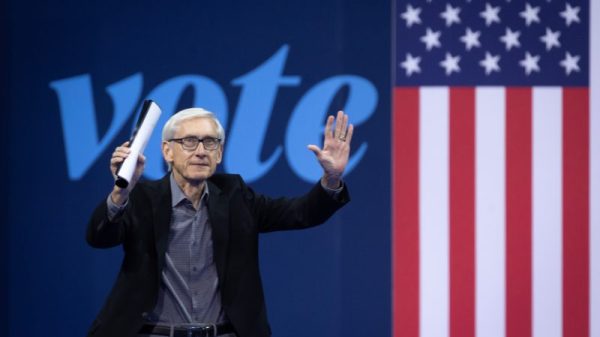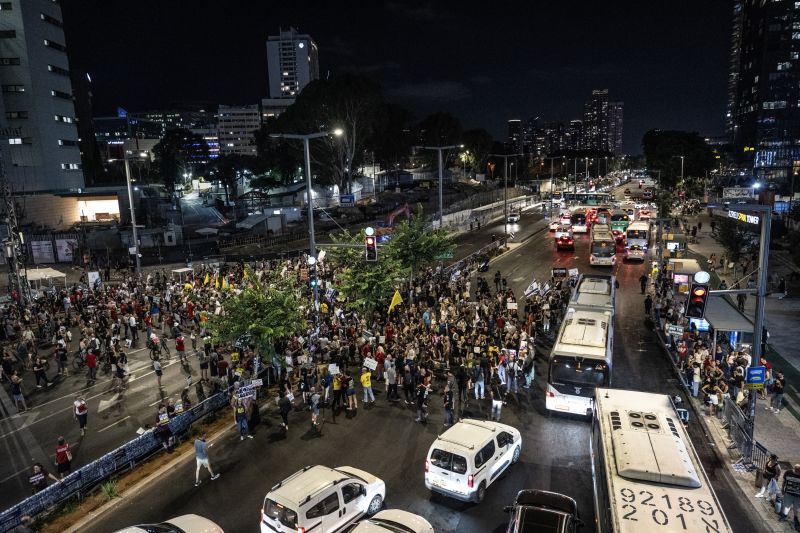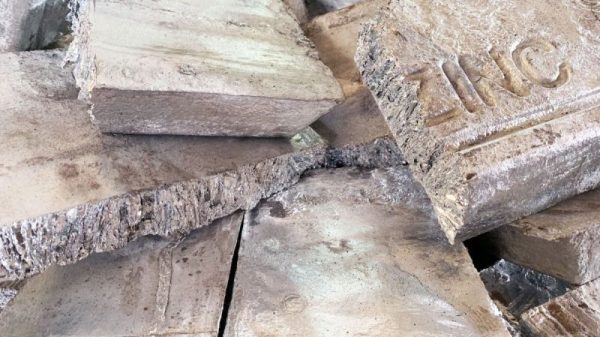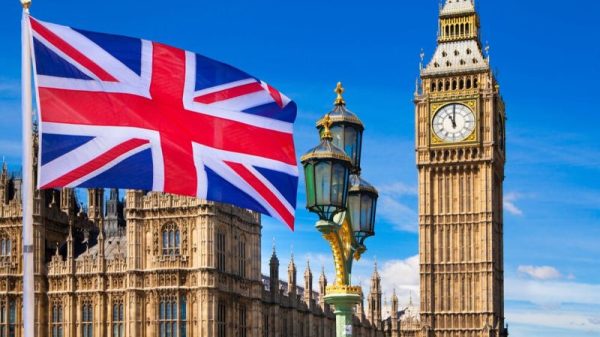Fury was palpable at the end of a demonstration in Tel Aviv on Thursday, as protesters demanded a deal to free Israeli hostages in Gaza and grieved this week’s news that the bodies of six captives had been retrieved.
There has been no official explanation yet of how the six died.
On Thursday, the Israel Defense Forces (IDF) said that initial forensic tests suggest that all six hostages had been shot, but it has not determined whether the gunshot wounds were the cause of death. IDF also underlined that the findings are preliminary.
The IDF said four additional bodies were found next to the bodies of the six hostages, which were believed to be those of the Hamas militants who had been holding the hostages, but that no evidence of shooting was found on their bodies.
The IDF did not name any alleged shooter.
But standing outside Israel’s Ministry of Defense, Daniel said the IDF’s announcement that all six hostages had been shot underlines the potential danger in rescue operations that depend on force.
Israeli outlet Ynet had reported on Tuesday that an IDF preliminary assessment was that the hostages may have died due to suffocation after the IDF hit a nearby Hamas target and carbon dioxide flooded the tunnel where they were being held.
Asked in a news conference on Tuesday whether the IDF had killed the hostages, spokesperson Rear Adm. Daniel Hagari did not clarify whether the hostages had been killed as a result of Israeli military action. Instead, Hagari referred back to a statement he made in June, when he had said the “the hostages were killed while our forces were operating in Khan Younis.”
The deaths have renewed urgency for a ceasefire among the protesters in Tel Aviv on Thursday.
Omer, 46, who was at the protest with his two daughters, said that he believed the six hostages “could have been saved a lot earlier.” He accused the Israeli government of repeatedly stalling on inking a deal with Hamas, which he warned would only led to Israel paying a higher price for an agreement that could have been secured earlier.
A ceasefire would also bring relief to hundreds of thousands of Palestinians living in the besieged enclave as Israel forges ahead with its military operation. The United Nations estimated in July that up to 1.9 million people in the strip have been displaced, almost the entire population of Gaza.
But there is skepticism about Israeli Prime Minister Benjamin Netanyahu’s willingness to strike a deal given fierce opposition from far-right ministers in his coalition. The Israeli prime minister’s political future largely depends on his far right coalition partners – several of whom have already threatened to leave the government and cause its collapse if he agrees to the deal.
“Maybe Hamas kidnapped them (the hostages), but the one we can accuse of murdering them is Benjamin Netanyahu,” Omer said, adding that the prime minister is “the only one responsible.”
A group representing the families of Israeli hostages, the Hostages and Missing Families Forum, said in a Thursday statement that the forensic tests that found gunshot wounds amounted to “further proof of the cruelty of the terrorists” who held them in captivity.
The Forum also reiterated criticism of Israeli authorities, saying that the recovery of bodies “is no achievement.”
“It is a testimony of the complete failure to reach a deal in time, as six hostages who were supposed to return alive have returned in coffins,” the Forum said.
The recovered bodies were identified by Israeli officials on Tuesday as belonging to Yoram Metzger, Alexander Dancyg, Avraham Munder, Chaim Peri, Nadav Popplewell and Yagev Buchshtab. All but Munder had been announced dead in recent months by the Israeli military.
Israel’s Defense Minister Yoav Gallant said the IDF and ISA had entered Hamas tunnels in a “complex operation” to retrieve their bodies.
Munder was taken along with his wife, daughter and grandson, who were later freed during a temporary truce between Israel and Hamas in November. Munder’s son, Roee, was killed during the attack.
Nine-year-old Ohad Munder told Israel’s public broadcaster Kan 11 on Tuesday that the death of his grandfather and the other hostages “shouldn’t have happened.”
“There have already been many times when there were negotiations for (a) deal… and then they say no – and in the end they don’t want it, and always regret it at the last minute. All the hostages could have returned alive even on the first day. They could have brought back grandfather and all the other hostages,” Ohad said.
There are currently 109 Israeli hostages that remain in Gaza, including 36 believed to be dead, according to data from the Israeli Government Press Office.

























